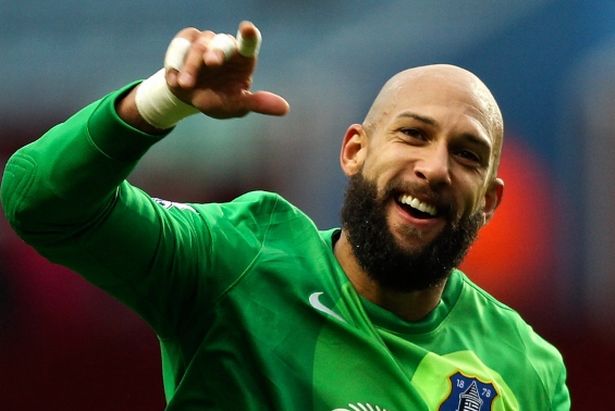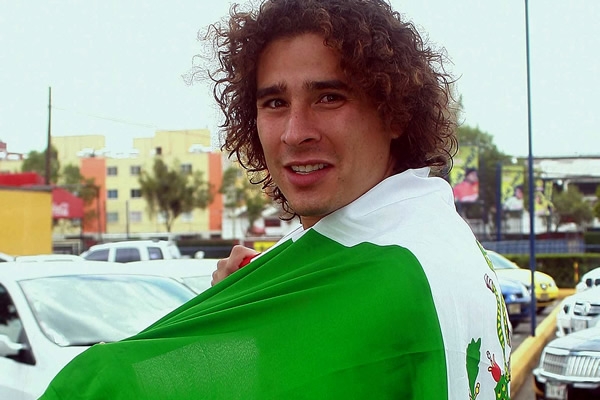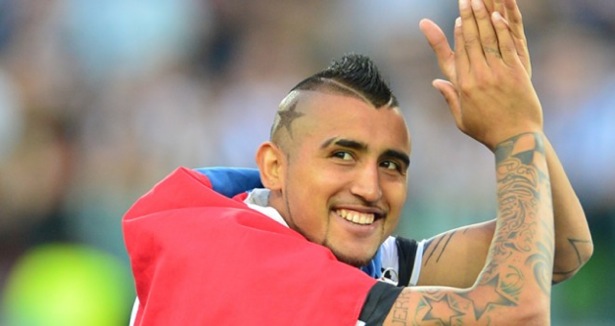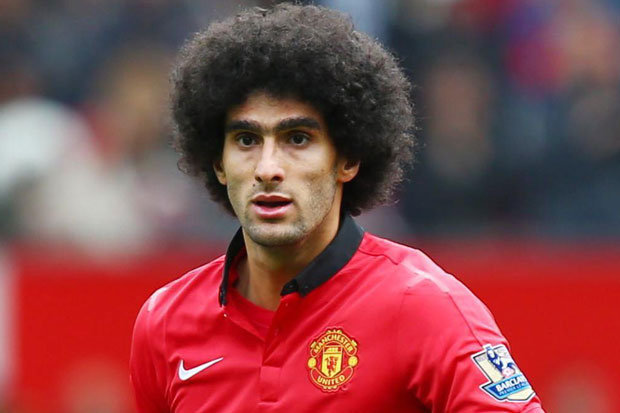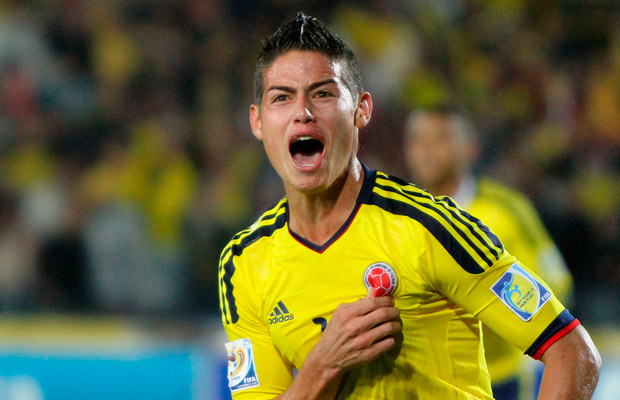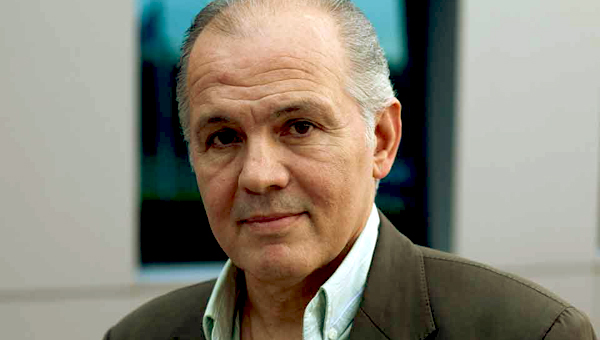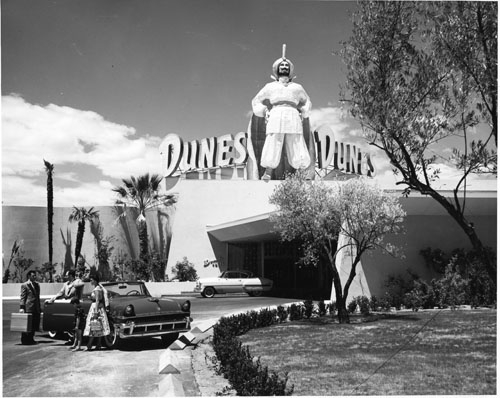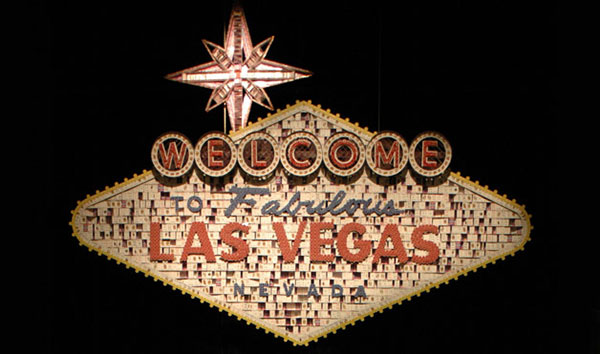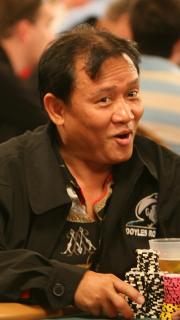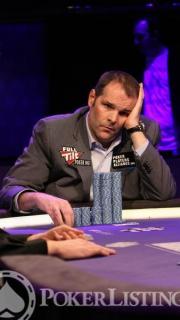
By James Guill
Terrance Watanabe may well be the biggest whale in the history of Las Vegas.
The Omaha business owner gambled away over $204 million in Las Vegas over the course of a single year.
While his story may be one of having more money than sense some believe that he could have been the victim of a company looking to pad its bottom line.
Amassed Fortune Inheriting Party Favor Business

The Oriental Trading Company was founded in 1932 by Harry Watanabe and initially started out as a gift shop. In time, the company expanded to 17 shops throughout the Midwestern United States.
Import restrictions during World War II forced the company to downsize back to its home base in Omaha, Nebraska. After the War, the company began to flourish in the carnival supply market and quickly became one of the biggest suppliers in the world.
In 1977 Terrance Watanabe took over the company and shifted the focus to party goods. Terrance grew the company to one that brought in revenues of over $300 million annually.
In 2000, he sold the company to Brentwood Associates for an undisclosed sum and seemed ready to head off into retirement as a wealthy man.
Unfortunately, a pattern of gambling and alcohol addiction would put that fortune in jeopardy.
$204 Million in One Year

In 2007, Watanabe began a losing streak of proportions never seen before. Staying at Caesars Palace on the Las Vegas Strip Watanabe was classified as the "biggest of the biggest whales" and had a virtual run on the place.
If he didn't like a certain employee he or she was reassigned in the casino. Whatever he wanted, he got. But there appears to be another side of the story.
According to some reports, and Mr. Watanabe's lawyer, Caesars allowed Mr. Watanabe to play while clearly intoxicated and some reports say that they gave him painkillers to stay at the tables.
Other reports say that the company looked the other way when Mr. Watanabe made sexual advances towards female employees.
Why would Caesars allow such behavior to continue? According to casino records, Mr. Watanabe lost a staggering $204 million across the Rio and Caesars casinos in the course of the year.
While not much of his losses were technically in poker, the total amount was an astounding 5.6 percent of the company's revenues for the year -- money that ultimately flowed into the World Series of Poker brand.
Eventually the money dried up and Watanabe left Vegas broke and owing Caesars $14.75 million. The company ultimately sued and felony charges were taken out against Mr. Watanabe in 2009 for felony theft and writing bad checks.
Watanabe filed charges against Caesars claiming that it had agreed to refund him 30 percent of his losses but never made payment. This type of agreement is customary for high rollers as it usually facilitates prompt payment of markers to the casino and keeps them coming back.
Wynn Casinos Banned Watanabe for Compulsive Gambling Prior
Shortly after the Caesars lawsuit it was revealed that Watanabe had been suspended from the Wynn for compulsive gambling. According to reports, Watanabe gambled away over $21 million at the Wynn.
Steve Wynn himself called up Watanabe to ask him to leave the casino due to his compulsive gambling. Interestingly enough, it was after this that Watanabe made his connection with Caesars Palace.
A year after Watanabe was arraigned for theft and bad check charges both parties agreed to a settlement in the matter. While the settlement was initially private, it did result in all charges being dropped against Watanabe. He also agreed to drop all pending lawsuits against Caesars.
Later, it was revealed that Watanabe agreed to pay Caesars $100,000 of the $14.75 million it claimed was owed.
Watanabe May Not Have Been Completely At Fault

Back in March of this year the New Jersey Gaming Control Board fined Caesars Entertainment Corp $225,000 for not stepping in to take action in the case of Mr. Watanabe.
The fine was a bit curious considering that the activity occurred in Las Vegas. However, the company does have several properties in the Atlantic City area and the NJGCB felt that Caesars' conduct "might reflect on the reputation of the state of New Jersey.”
Mr. Watanabe's story is really a cautionary tale for anyone wanting to gamble at high stakes. High rollers can't always guarantee that their best interests are being considered when they are at a casino.
After all, the establishment is there to take their money. Instead of "Welcome to the casino," most hosts really should greet their customers, "Call me Ishmael."
More of Poker's Biggest Whales:
Poker's Greatest All-Time Whales: Guy Laliberté Poker's Greatest All-Time Whales: Andy Beal Poker's Greatest All-Time Whales: Riddle, Chagra and Karas Poker's Greatest All-Time Whales: Barkley, Jordan and A-RodVisit www.pokerlistings.com



